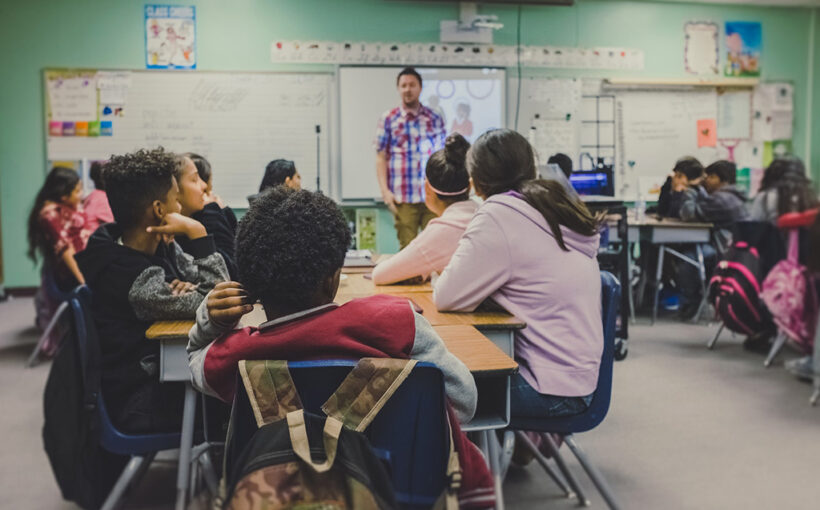In order not to make the same mistakes or fall into the traps that have dehumanised us to death and beyond, Colombia’s children and young people need to know what happened to us, why it happened to us and how we let it happen. To this end, on 12 August, the day “the school embraces the truth” will tour more than four thousand public and private schools and colleges in our country from pre-school to grade 11, and the classrooms will talk without veils or deception about what should never have happened. If it is not based on sensitivity and knowledge, how can children and adolescents commit themselves to non-repetition and the collective construction of a culture of peace and coexistence?
In versions for their age and condition, schoolchildren will learn what the rivers, survivors and fears on different sides of the conflict have revealed to the Truth Commission. They will work on the value of raising their eyes and acknowledging mistakes.
The day of the 12th will help to decipher the reality of the country, and will accompany those who have their lives ahead of them to rebuild it with the respect and social understanding that can only be achieved when the truth is known.
The educational community will know that thousands of men and women have passed through the Commission who had the courage to tell difficult stories, exercise leadership, protect families, villages and cultures; and brothers and sisters have passed through – brothers and sisters in pain and roots – who had the courage to admit their responsibility in atrocious events, hand over their weapons and reset their souls.
No more denialism and lies. The generations that are beginning to trace their horizon must learn to value the FORCE of forgiveness and the urgency of building a society that prefers to look each other in the eye instead of killing each other in the back; that calls things by their name, as the first point of reconciliation.
The Truth Commission, incoming and outgoing ministries of education, secretariats, teachers, libraries and social organisations working for peace and pedagogy, joined forces to ensure that educational communities from Casanare to Chocó and from Cauca to Guajira learn the legacy of the Commission through pedagogical dialogues and reflections by students and teachers.
Carrying this message throughout the country is not only a moral mandate: it is also an obligation under the Agreement signed in 2016 with the FARC-EP. Without truth there is no peace, and only if we reach the next generations now, Colombia will be able to shape a future in the image and likeness of life as the supreme value, and dignity as the human condition.
The commissioners collected more than 27,000 testimonies in Colombia and in 23 countries where more than one million Colombian exiles live. In this way the truth was articulated, like a jigsaw puzzle between memory, pain and memories, between the absent in the nothingness, the absent in the graves and the grey echo of displacement. The commissioners heard thousands of plural voices, saddened, broken inside; they investigated murders and disappearances, motives and abandonments. And however profound the differences between the actors in the conflict, all agreed that the violence was not worth it and nothing justifies degradation or revenge.
The school embraces the truth is an open window to the great peace and the difficult and everyday forgiveness. It is the beginning of a collective, challenging and benevolent path that helps to recognise the past, to feel what we are today, and to build a future where peace does not cost anyone their lives.






